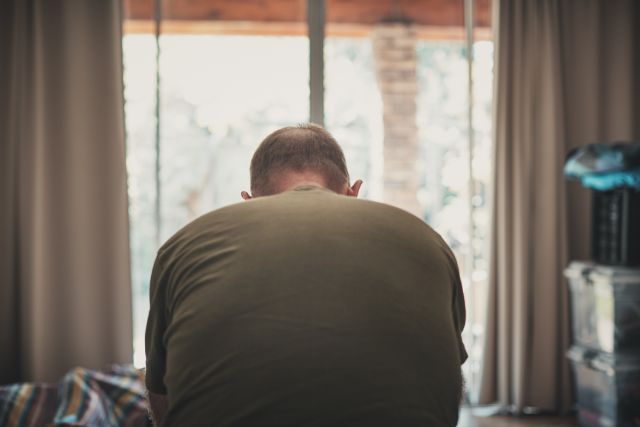Updated on April 2, 2024.
If you've been diagnosed with melanoma, it's natural to experience a range of emotions, such as feeling worried, anxious, or fearful. Melanoma is a type of skin cancer that affects skin cells called melanocytes, which produce a substance called melanin that plays a role in skin and eye color. Melanoma can potentially spread beyond the skin to various organs in your body.
While melanoma can grow and spread quickly, earlier diagnoses and treatment has helped many people live for years after being diagnosed with melanoma. Treatment for melanoma depends on the tumor stage (how large it is and whether it has spread), and may include surgery, radiation (high-dose xrays), chemotherapy(drugs that kill cancer cells), or other treatment options.
In addition to treating the cancer, it's also crucial to address the mental, emotional, and social concerns that often go with a melanoma diagnosis.
Adjusting to living with melanoma
When you're first diagnosed with melanoma, it's very common to feel shock and disbelief, followed by a few days or weeks when you may feel anxious or depressed.
Some people can feel fatigued, irritable, have difficulty concentrating, or may sleep too much or too little. Others may feel guilty that they have somehow “caused” their skin cancer. All these feelings are typical of an adjustment period after the diagnosis.
As you start to learn about your treatment options and develop a plan, these feelings may decrease. Below are a number of strategies that can help you work through the emotions of living with melanoma.
Learn more about melanoma
While it may seem like it will cause more worry, many people with melanoma find that learning about their condition helps to lessen their anxiety. Talk to your healthcare provider and cancer care team about your diagnosis, and ask them about reliable, accurate resources that can help you learn more about melanoma.
Get social support
In addition to support from friends and family, consider connecting with other people who have melanoma. This might help you feel less alone and provide an opportunity to learn how other people manage their diagnosis and treatment. Ask your healthcare providers about support groups in your area or online support groups that they recommend.
Talk to a professional
If feelings of anxiety or depression are impacting your day-to-day life, you may want to consult an oncology social worker. Oncology social workers are trained to help people manage the emotional and practical challenges of living with cancer. You should also talk to your healthcare team about your thoughts, emotions, and moods—they will be able to recommend mental health services and answer questions about how your insurance may help cover costs.
Take care of yourself
Getting exercise as you are able and eating a healthy diet rich in whole fruits, vegetables, grains, lean poultry and low in salt, added sugars and saturated fat (which is solid at room temperature, like butter) can help you feel more in control of your health. So can protecting your skin from further sun damage—wear sunscreen, wear appropriate clothing, and limit your exposure to sunlight. Diet, exercise, and protecting your skin are topics you should discuss with your healthcare team. If side effects of your treatment are affecting your energy levels or ability to eat, talk to your HCP about it.
You may also consider activities to reduce stress, such as massage therapy, prayer, yoga, meditation, or biofeedback, which are suggested by the American Academy of Dermatology.
And remember that there is no right or wrong way to feel when you’re living with cancer. Take time to identify what you are feeling and what you need. You may feel more incontrol by taking an active role in your treatment by communicating your concerns and needs to your healthcare team.







